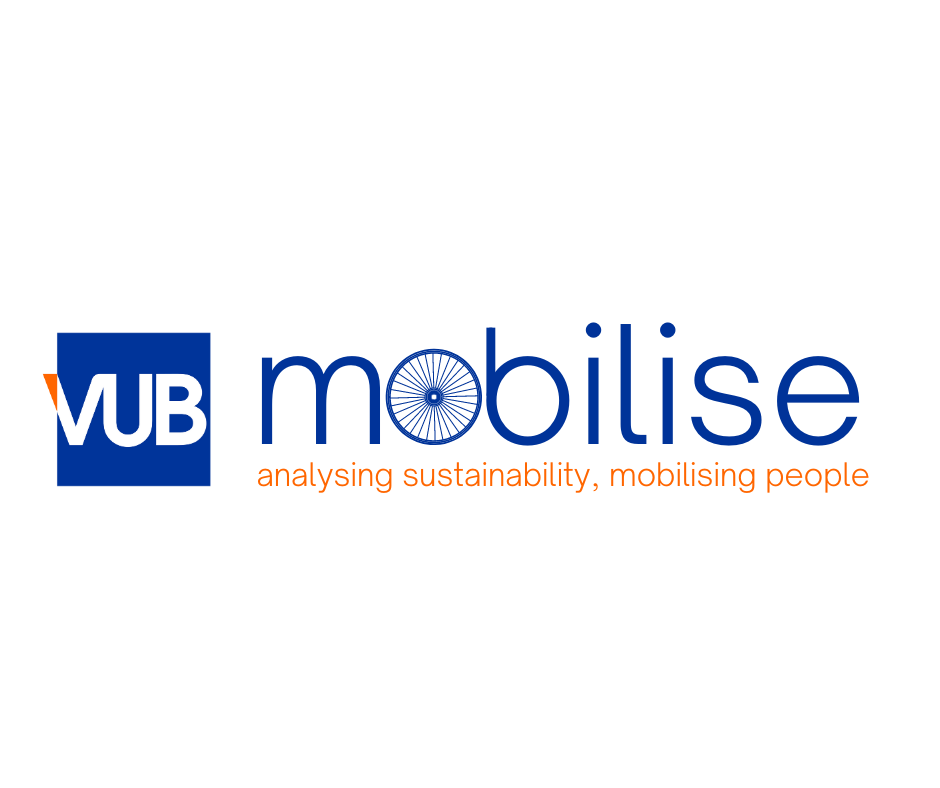
On February 17th, the first citizens’ panel on the ban on fossil-fuel vehicles in the Brussels Capital Region was held at our Mobilise office!
This panel was organized as a part of the EU funded TANDEM project. This project aims to develop a transdisciplinary approach to identify and analyze emerging inequalities of the ban of fossil-fuel vehicles by 2035 and co-design equitable, just, and effective alternative transition pathways in collaboration with affected entities to reduce its impacts, specifically for vulnerable social groups. 15 people of varied backgrounds reflecting the diversity of the population in Brussels and its periphery took part in this panel which was the first of three planned within the project timeline from 2022 to 2025.
The event commenced with participants introducing themselves and sharing some of their day-to-day mobility stories. Afterwards, a representative from "Brussels Environment" presented the Low-Emission Zone (LEZ) of Brussels, its inception, impact and plans for implementation until 2035. Citizens engaged in open dialogue with the representative, Moblise researchers and each other to deliberate on and fully understand the LEZ policy.
After a social lunch break, participatory exercises began, with citizens sharing concerns and challenges related to the LEZ, leading to three main themes for subsequent activities.
1) accessibility of Brussels Capital Region,
2) intra-city mobility, and
3) LEZ decision-making.
Aided with facilitation by Mobilise researchers, through a System Mapping exercise called Causal Loop Diagramming, participants visualized complex cause-and-effect relationships influencing their concerns, and they discussed strategies for mitigation keeping in view the various diversities that exist in city. Aspects such as the provision of infrastructure for electric vehicles, alternative modes of transport, and educational campaigns stemmed from this participatory activity.
The day concluded with the summary of the participants’ concerns and initial suggestions to improve the encountered challenges in the future. Participants expressed appreciation for the event resulting in their improved understanding of the LEZ and its impact, and for being able to contribute to discussions around possible mitigation measures. All participants received compensation for their effort and time.
Going forward, we will analyze these relationships quantitatively and collect data on the impacts of the proposed policy solutions until the next panel in October 2024.
Interested in the project? Then stay updated on our research here on LinkedIn or twitter.
Consider becoming a participant in the second and third panel? Fill out this form.
